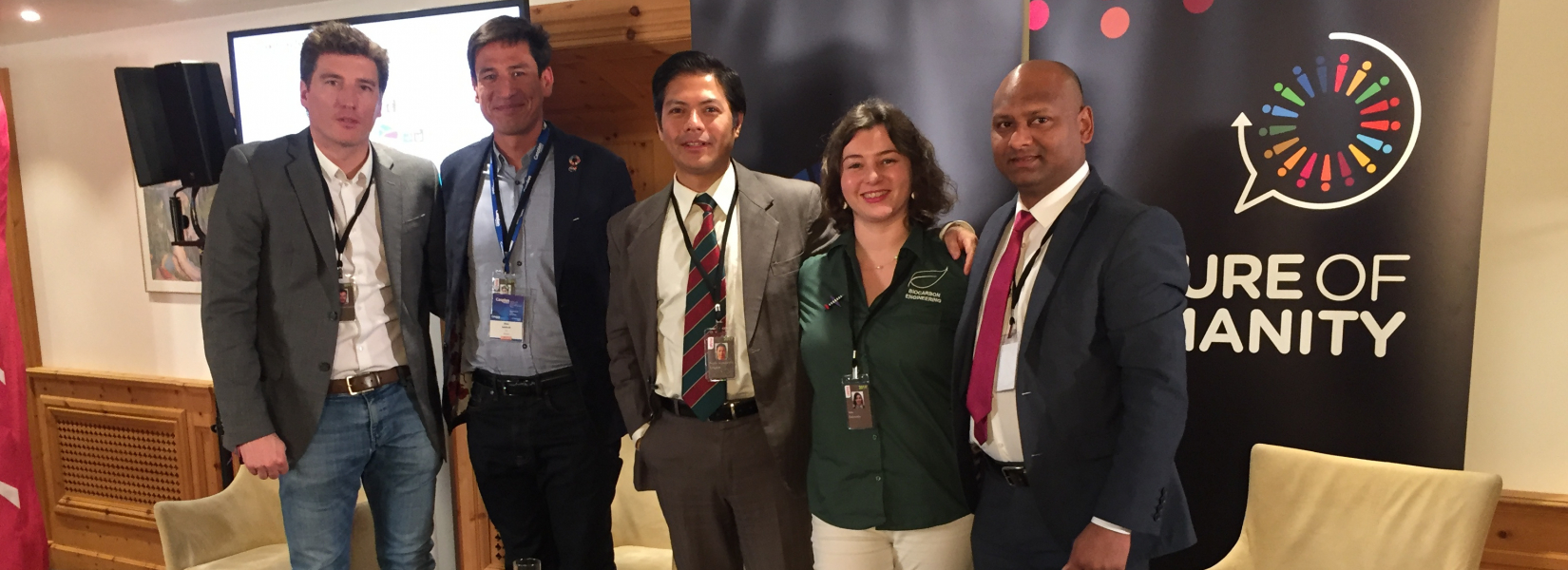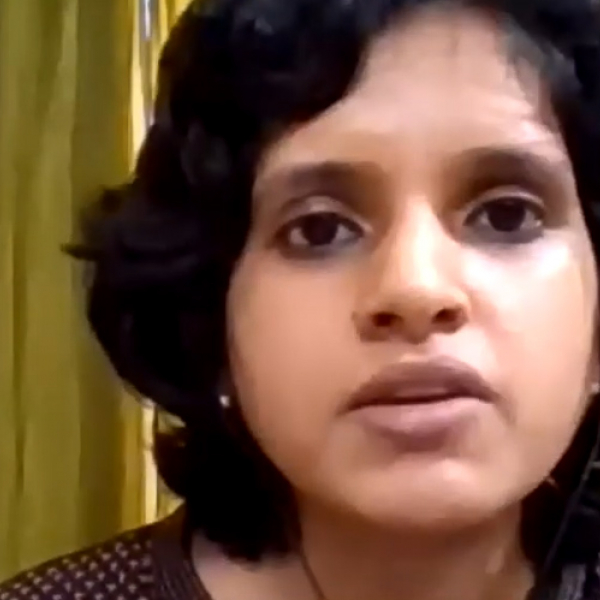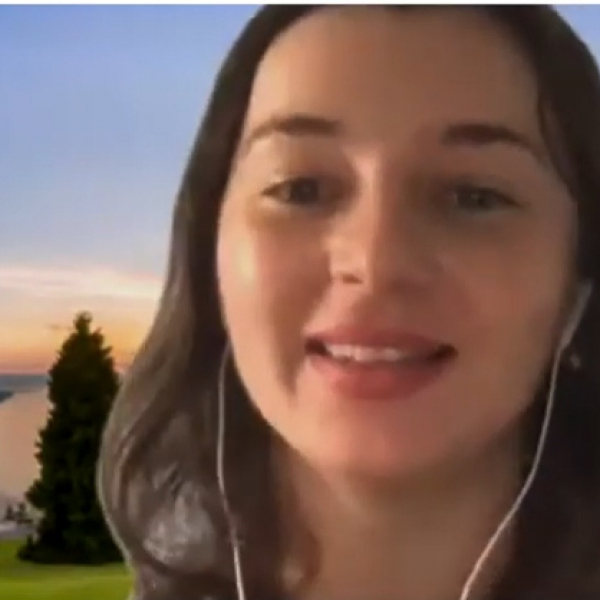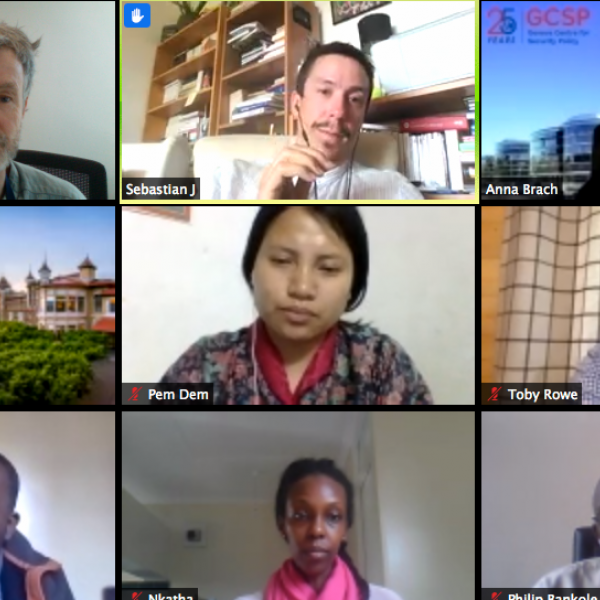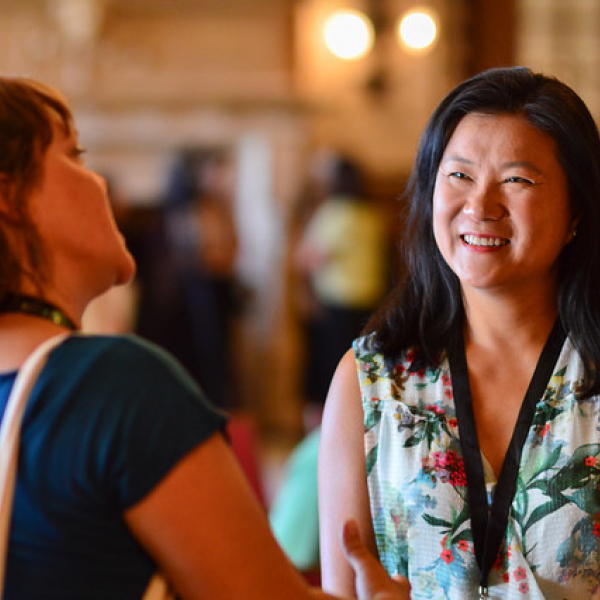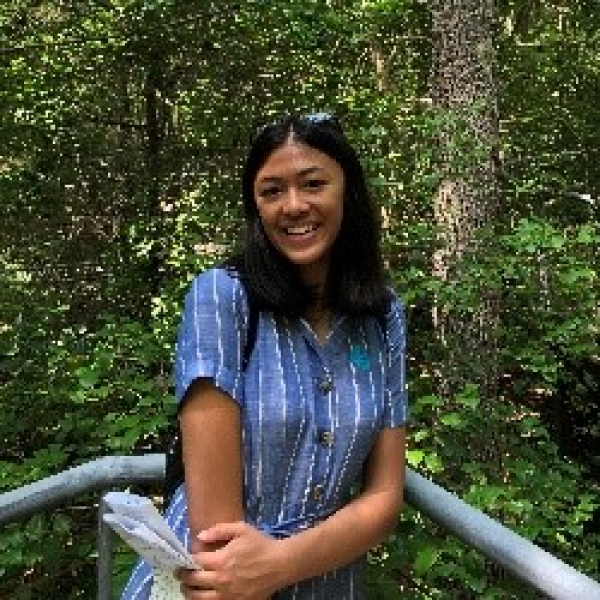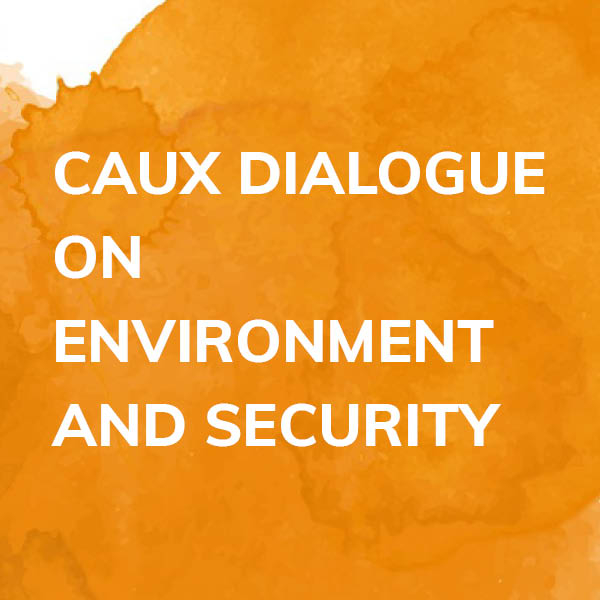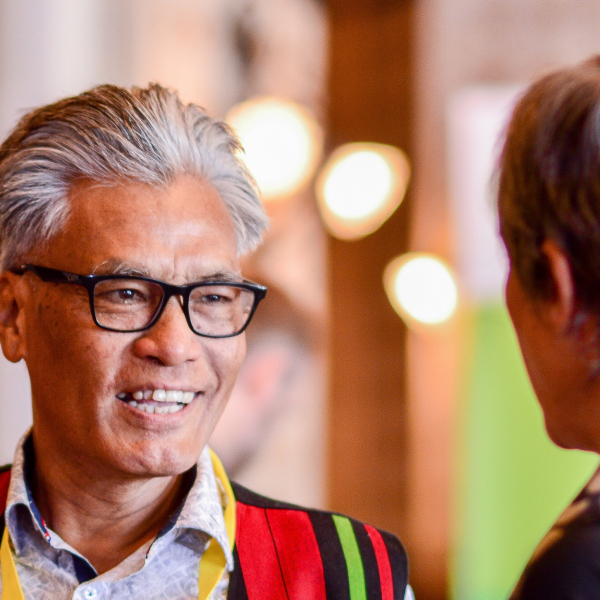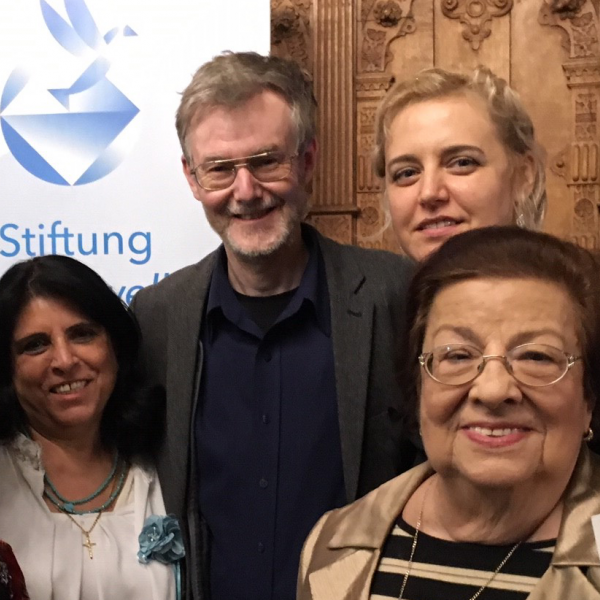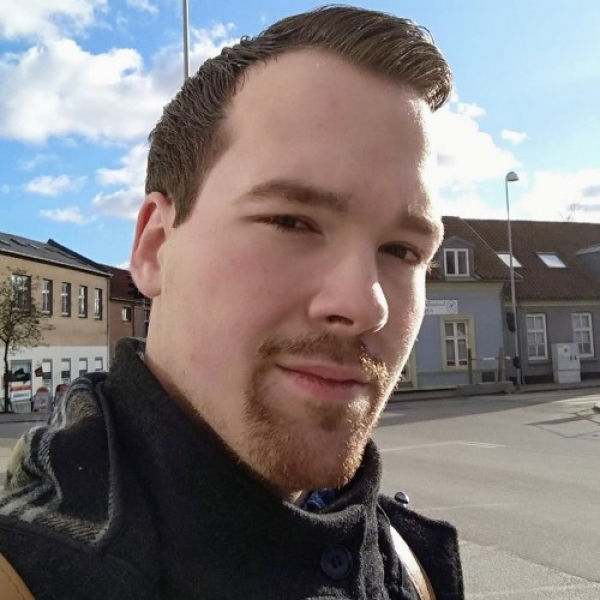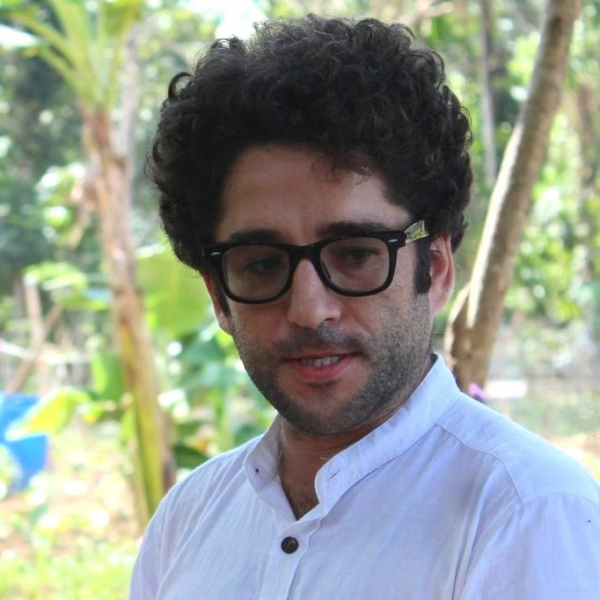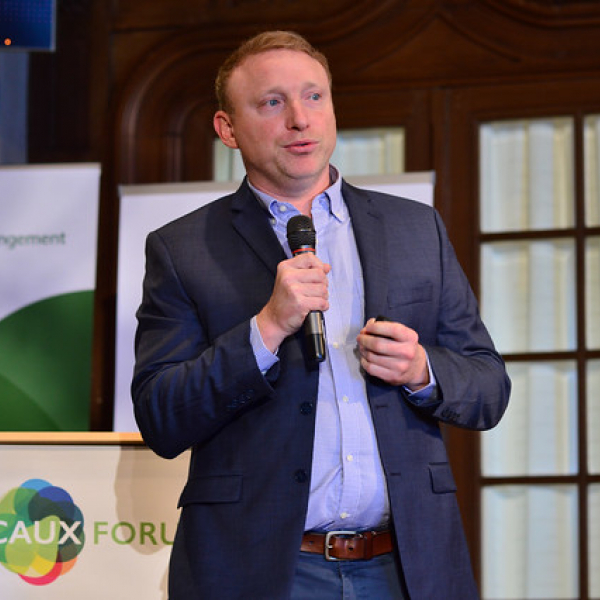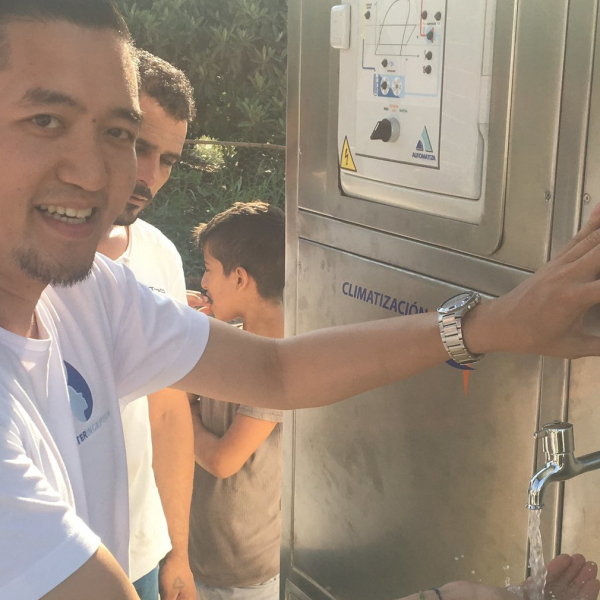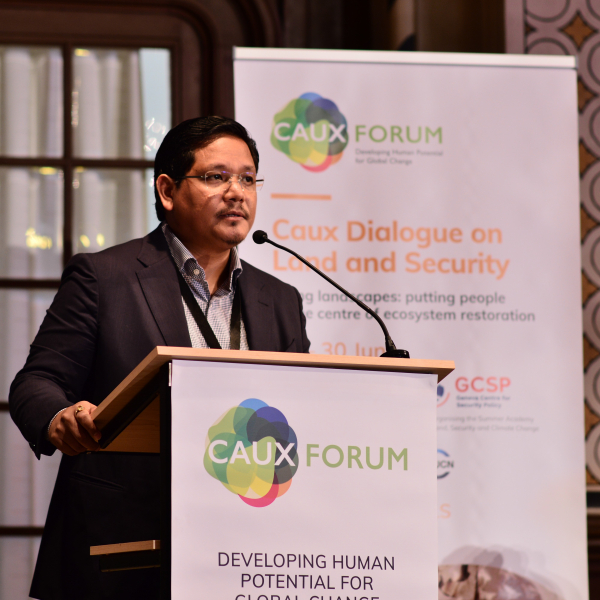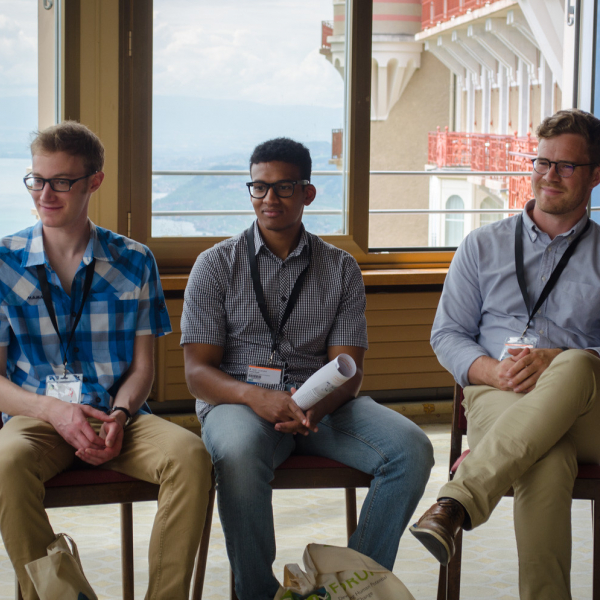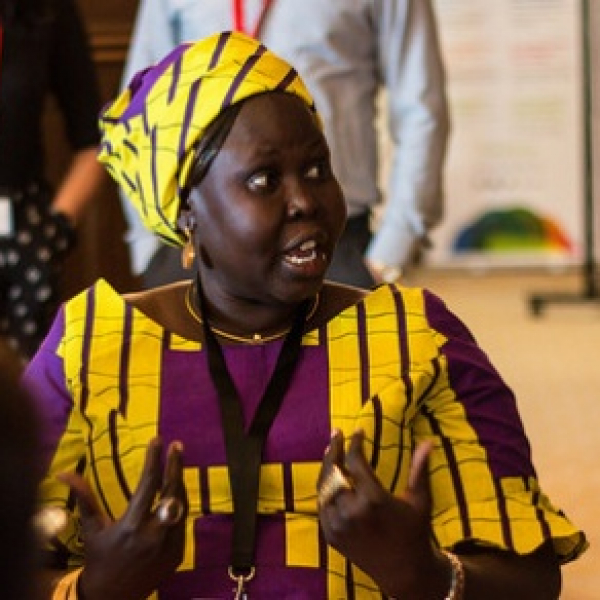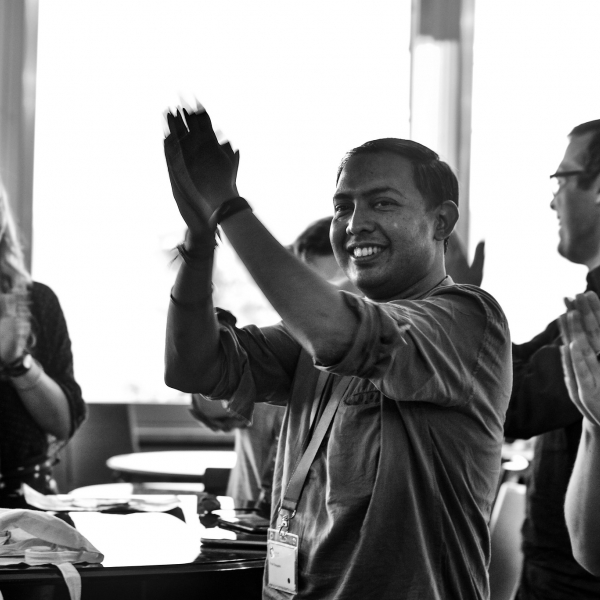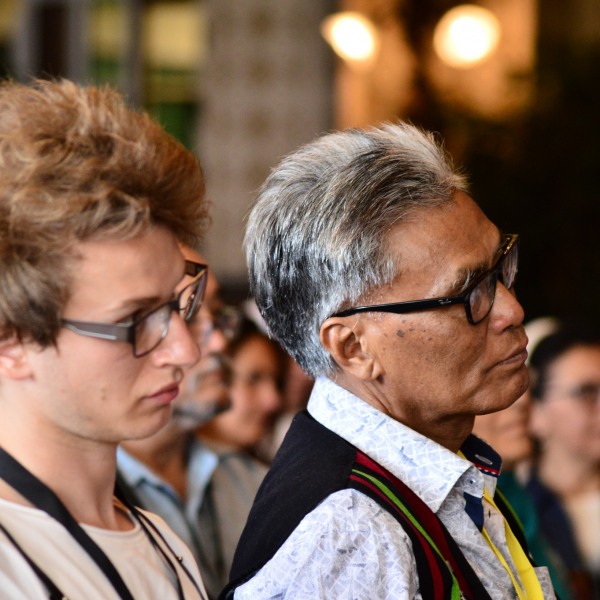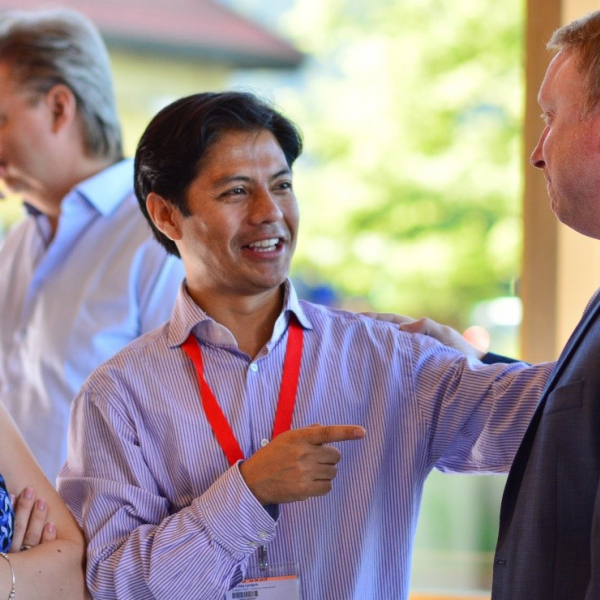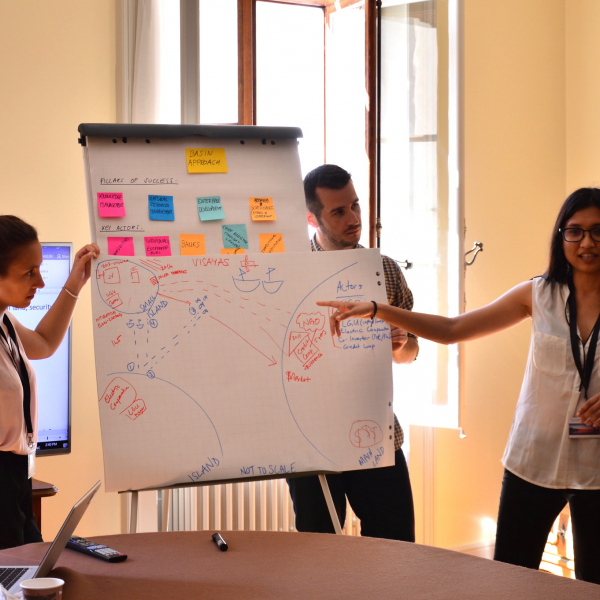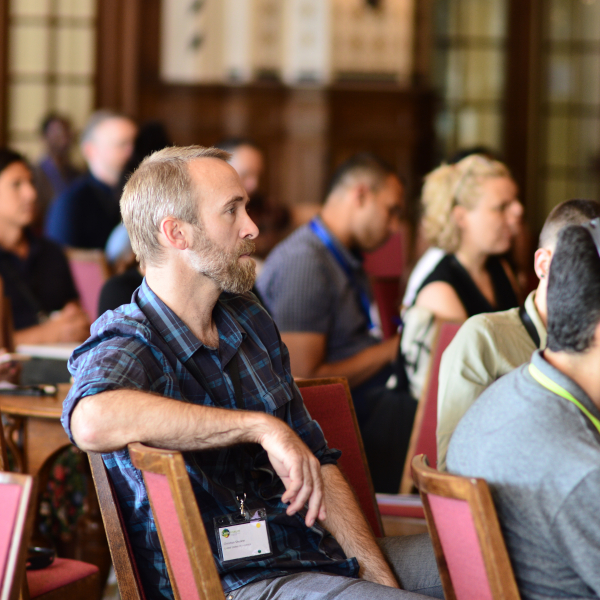CDLS at the World Economic Forum 2019
By Irina Fedorenko, Managing Director of the Caux Dialogue on Land and Security
18/02/2019
The Caux Dialogue on Land and Security’s managing director, Irina Fedorenko, was invited to speak at the annual World Economic Forum (WEF) 2019 in Davos, Switzerland. She shares her personal experience below.
The annual World Economic Forum (WEF) held in Davos, Switzerland has just closed its doors for another year but this time I was part of it. Rather than focusing on the justified criticisms of excessive opulence and the ever-increasing number of private jets taken by the attendees, I would like to highlight the transformative dialogues and connections that shaped my Davos experience.
On 23 January 2019 a group of Oxford University students and alumni took to the floor in the Sustainable Development Goals (SDGs) Tent. We were speaking on behalf of the Weidenfeld-Hoffmann Trust Scholarship and Leadership programme, the largest philanthropic scholarship supported by the University of Oxford. During the panel entitled “Young Voices of Hope: Perspectives from the Latest Wave of Emerging Leaders” we shared the most challenging issues faced by our countries of origin and how our time at Oxford and within the Leadership Programme has inspired and equipped us to be the driving force behind tangible solutions.
While the WEF attracted global industry leaders to discuss the most pressing problems faced by society, we used this opportunity to remind them how urgent and vital it is to invest in young people who can work together towards a more tolerant, more understanding and more sustainable world. In the words of Trust Chairman, André Hoffmann, “Knowledgeable and skilled leaders are needed to shape more equitable and sustainable societies, particularly in trouble-stricken regions.” You can read more about the programme here.
The next day, 24 January 2019, I spoke at The Solver Series. This event was hosted by Mark Turell, the founder of unDavos, the platform which provides access and cross-pollination of ideas and connects those who want to change the world so that they can work together to achieve this. The discussion focused on water and technology and how innovation could be a force for good in ecosystem restoration and replenishment of water tables globally. Some exciting technologies were highlighted, such as Weathertec’s solar powered installations which turn atmospheric humidity into rain and BioCarbon Engineering’s use of drones to seed large areas of land. However, everyone agreed that the key to large-scale environmental restoration is wise governance and land management, topics that usually dominate the agenda of the Caux Dialogue on Land and Security.
Another highlight of that day was the SDGs 2030 party, which celebrated the planet as if it had achieved all of the Sustainable Development Goals and how the world would be looking by then. I used my chance to get up on stage and paint a picture of the future, where all the forests have been protected and all 350 million hectares that are currently in need of restoration have been reforested, which has stabilised the climate.
The last day of WEF, the stage was dominated by a rare and unique blend of people who are passionately committed to providing sustainable and purpose-driven services to build regenerative and inclusive economies and create green jobs. The Future of Humanity Forum took place, where a panel of CDLS participants spoke about economic solutions for sustainability. The panel consisted of myself, Ashish Domah (Founder of The SDGs Company), Dr Bremley Lygdoh (Founder of WorldView Impact), and Aland Laubsch, (CEO of Earth Pulse). We discussed land restoration and technology, and the role of blockchain technology in creating a sustainable economy and green jobs. The event was recorded and will be turned into a film in order to educate a wider audience about the SDGs.
While the panel recognised the importance of small and individual actions in achieving sustainability targets, they emphasised that large-scale actions are usually driven by visionary CEOs and politicians. These themes echo the conversations and synergies that often arise in Caux.
Recognising this, we invited all participants to join us for the Caux Dialogue on Land and Security and Ethical Leadership in Business conferences, taking place on 27-30 June 2019.
